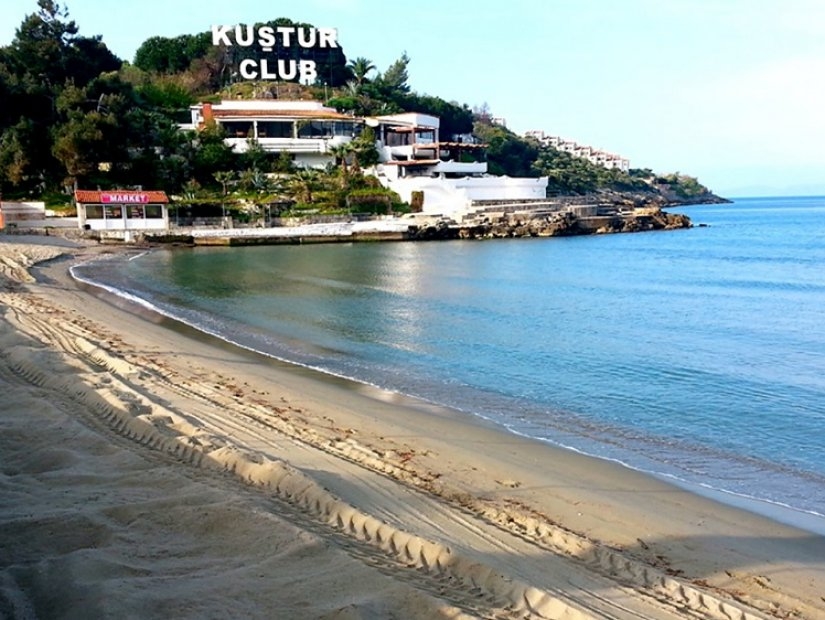Blog
A Small Town of Ancient Ionia- Pygela
A Small Town of Ancient Ionia- Pygela
A Small Town of Ancient Ionia- Pygela
Pygela, also known as Phygela, was a tiny village in ancient Ionia, located on the coast of Caystrian Bay, just south of Ephesus. According to Greek mythology, it was founded by Agamemnon and inhabited by the remains of his army; it included a temple dedicated to Artemis Munychia. Dioscorides praises this town's wine. It was a polis and a Delian League member. The settlement is credited with silver and copper coins dating from the 4th century BCE.
Location
The city's location was seen as Yılancı Cape in certain academic circles, and the excavations continued until 1975. After the excavations carried out by Hikmet Gürçay and Ekrem Akurgal, the General Director of Antiquities and Museums at a distance of 6-7 km on the Selçuk-Kuşadası road, the location of the city was definitively determined. It became official that a large part of the city was opened to development, and various tourism facilities were built.
Historical Background
The agora of the city in the Hellenistic Period, which was used as a settlement in the Roman and Byzantine periods, is located on the plain where the Kustur holiday village is located today. The city's port is located on the northern end of the beach known as Kustur beach, on the Tusan Hotel and Adagöl, which is operated as a picnic area by the local municipality. The Değirmendere Aqueduct, one of the four giant aqueducts that send water to Ephesus and is thought to feed the city, passes through the foot of the mountain to the east of the town.


